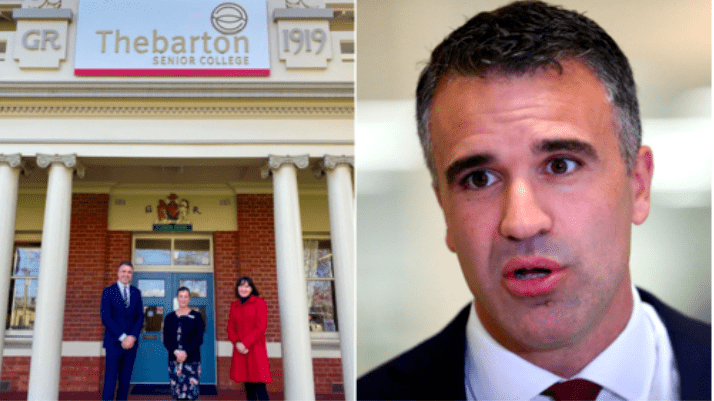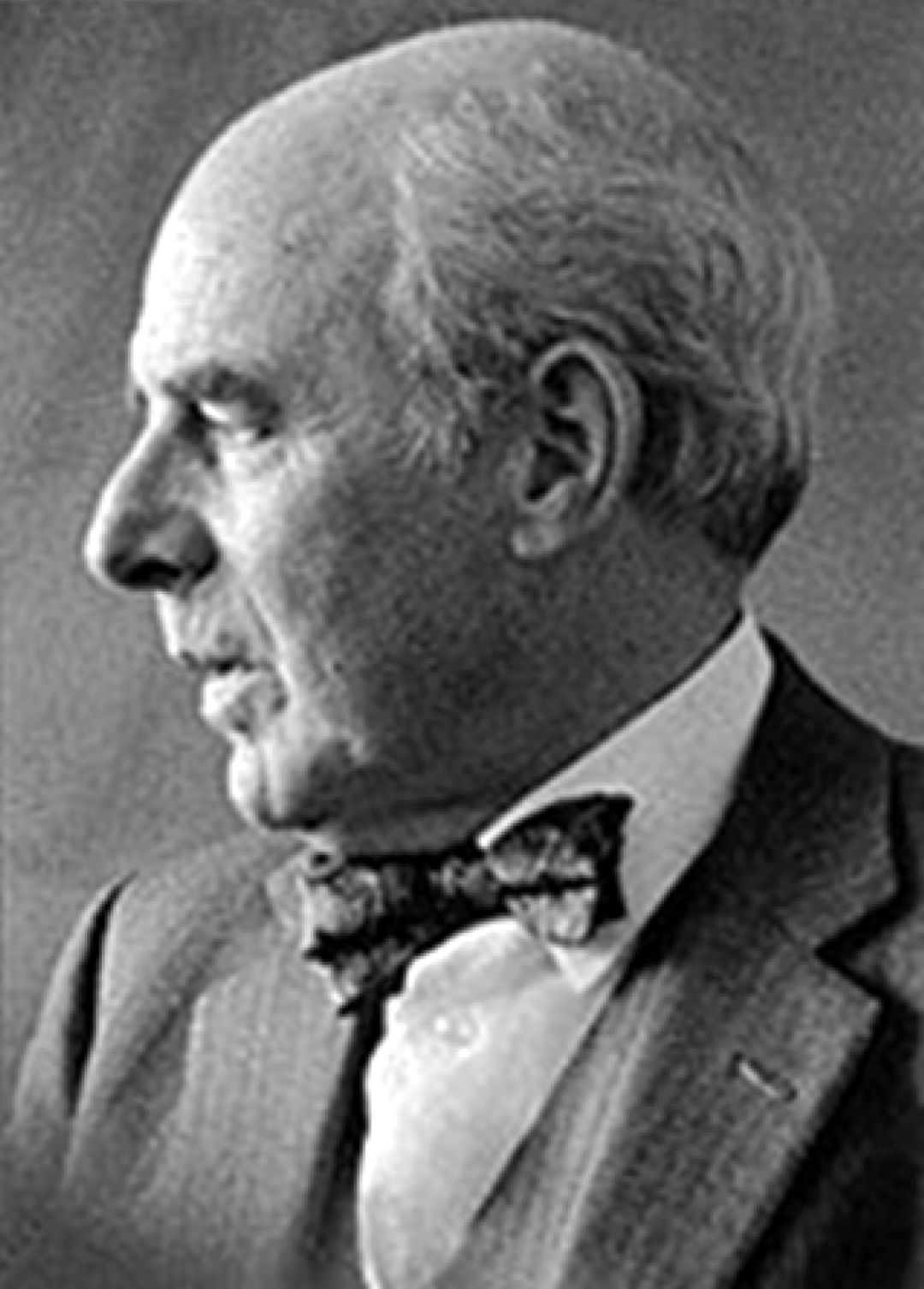Peter Thiel Skip College: Exploring the Controversial Philosophy Behind the Tech Mogul's Educational Choices
#### Description:In recent years, the debate surrounding higher education has intensified, with many questioning its value in today’s fast-paced, technology……
#### Description:
In recent years, the debate surrounding higher education has intensified, with many questioning its value in today’s fast-paced, technology-driven world. One of the most prominent voices in this discourse is Peter Thiel, the billionaire co-founder of PayPal and a well-known venture capitalist. Thiel has garnered significant attention for his controversial stance on higher education, famously advocating for the idea that young people should skip college to pursue entrepreneurial ventures instead. This article delves into Thiel's philosophy, exploring the implications of his views on education, innovation, and the future workforce.
Peter Thiel's argument against traditional college education is rooted in his belief that the current system is not only outdated but also detrimental to the development of critical skills necessary for success in the modern economy. He argues that college often encourages conformity rather than creativity, stifling the entrepreneurial spirit that is crucial for innovation. In his view, the time and money spent on obtaining a degree could be better invested in real-world experiences, internships, or starting a business. This perspective is particularly compelling in an era where technology is evolving at an unprecedented pace, and the skills required in the job market are constantly changing.
Thiel’s skepticism towards higher education is further supported by the rising student debt crisis in the United States. With graduates burdened by loans that can take decades to repay, many young people find themselves trapped in a cycle of financial instability. Thiel argues that this debt serves as a significant barrier to entrepreneurship, as it forces graduates to prioritize stable employment over innovative endeavors. By advocating for a path that bypasses traditional college routes, Thiel aims to empower the next generation to take risks and pursue their passions without the weight of financial obligations.
In 2010, Thiel established the Thiel Fellowship, a program designed to provide young entrepreneurs with a $100,000 grant to skip college and launch their startups. This initiative has attracted a diverse group of talented individuals who have gone on to create successful companies in various industries. The fellowship not only offers financial support but also provides mentorship and networking opportunities, equipping participants with the necessary tools to thrive in their entrepreneurial journeys. The success stories emerging from the Thiel Fellowship serve as a testament to the potential of forgoing traditional education in favor of hands-on experience and innovation.

Critics of Thiel’s philosophy argue that college provides valuable life experiences, networking opportunities, and essential knowledge that cannot be easily acquired outside of an academic setting. They contend that while entrepreneurship is undoubtedly important, a well-rounded education fosters critical thinking, problem-solving skills, and a deeper understanding of the world. Moreover, many industries still require formal degrees as a prerequisite for employment, making it challenging for those who choose to skip college to compete in the job market.
Despite the valid points raised by critics, Thiel’s perspective has sparked a broader conversation about the purpose of higher education and its relevance in today’s world. As technology continues to disrupt traditional industries, the demand for skilled workers who can adapt and innovate is growing. This shift raises important questions about the role of educational institutions in preparing students for the future. Are they equipping students with the skills they need to succeed, or are they perpetuating outdated models that no longer serve the needs of the economy?

In conclusion, Peter Thiel skip college is more than just a provocative statement; it represents a growing movement that challenges conventional wisdom about education and success. While the decision to forgo college is not suitable for everyone, Thiel’s advocacy for entrepreneurship and innovation encourages young people to think critically about their educational paths. As we navigate an increasingly complex world, it is essential to consider alternative routes to success and the potential benefits of embracing a more flexible approach to learning and career development. The conversation sparked by Thiel’s views continues to evolve, prompting both individuals and institutions to rethink the value of traditional education in an era defined by rapid change and disruption.